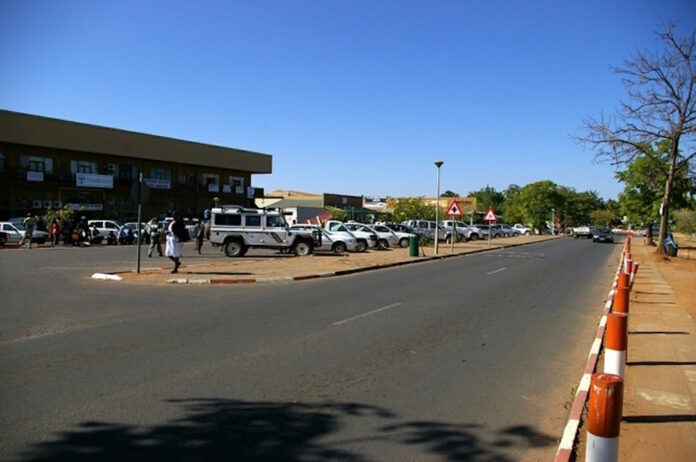Selebi Phikwe, Botswana – The Botswana Digital & Innovation Hub (BDIH), in collaboration with key ecosystem partners, has successfully delivered its latest edition of the Dikgwebo Dialogues, a targeted enterprise development platform that brings critical business knowledge and industrial insight to underserved and transitioning communities across Botswana. Held in the post-mining town of Selebi Phikwe, the event was a resounding success, catalysing dialogue, transferring practical knowledge, and advancing BDIH’s enduring mandate to drive inclusive, innovation-led economic development.
As a platform established to support Botswana’s transition into a knowledge-based economy, BDIH introduced this program that exists at the nexus of innovation, entrepreneurship, and community impact. The Dikgwebo Dialogues form part of its broader community-centric engagement model, which seeks to decentralise access to development tools and create tangible links between Botswana’s industrial vision and the realities of grassroots enterprise.
The Selebi Phikwe edition of the Dialogues was carefully curated to respond to the region’s distinct socio-economic context, characterised by a post-mining recovery journey, rising entrepreneurial appetite, and an urgent need for structured business support. With a strong emphasis on practical, implementable knowledge, the Dialogues featured an expert line-up of speakers who addressed key business levers such as investment readiness, access to finance, local manufacturing, and enterprise resilience.
The Director of Business Services – North at BITC, Gaorekwe Gaorekwe, led a session on unlocking market access and investment opportunities for local enterprises, providing insights into how businesses in the region can leverage trade facilitation services and position themselves competitively in both local and international markets. Ms. Bigani Setume, Senior Programme Manager at Tokafala, delivered a session on building resilient small businesses, with a focus on the role of tailored mentorship, financial literacy, and disciplined goal-setting in creating durable business models in uncertain economies.
Complementing these sessions, the Selebi Phikwe Branch Manager of CEDA, Kelemogile Molefhe, provided strategic guidance on preparing for funding applications and accessing equipment support, thereby addressing a critical access-to-finance gap experienced by emerging businesses. Further grounding the dialogue in community-based economic transformation, Eric Otukilefrom LEA presented on monetising local skills and resources, encouraging participants to explore income-generating models rooted in everyday talents and indigenous knowledge systems.
Bringing a powerful entrepreneurial narrative to the forum, Gogontle Nchemele Basiami, Founder and CEO of Botscrest Holdings (trading as Bloom Sanitary Pads), offered insights into social manufacturing, job creation, and menstrual health advocacy. His business journey, which has generated employment for youth and women while distributing thousands of sanitary pads to rural communities, underscored the social impact of locally rooted enterprises and highlighted the broader socio-economic value of inclusive industrial development. Phatsimo Matshediso, Founder of Phatsima Innovations shared the importance of harnessing indigenous fruits such as Moringa & Moretologa to make plant-based products. Through research and development, her company has introduced a new line of products—including body creams, hand lotions and soaps, further demonstrating how indigenous biodiversity can be transformed into high-value goods with both economic and health benefits.
Throughout the sessions, BDIH’s catalytic role in bridging high-level innovation agendas with grassroots enterprise realities is actualised, further advancing national agendas. Employing its interventions within communities such as Selebi Phikwe, this is the conviction that innovation must be both context-sensitive and people-centred, capable of responding to the aspirations, limitations, and latent potential of all Batswana.
As Botswana moves to activate diversified economic growth pathways, initiatives like the Dikgwebo Dialogues exemplify the commitment to equitable development, capacity enhancement, and national transformation through innovation. Selebi Phikwe, once defined by a singular industrial identity, now stands as a symbol of economic renewal, fueled by local ambition, technical partnership, and an enabling institutional presence committed to building future-fit communities.



